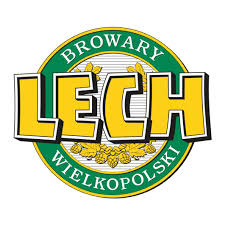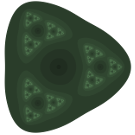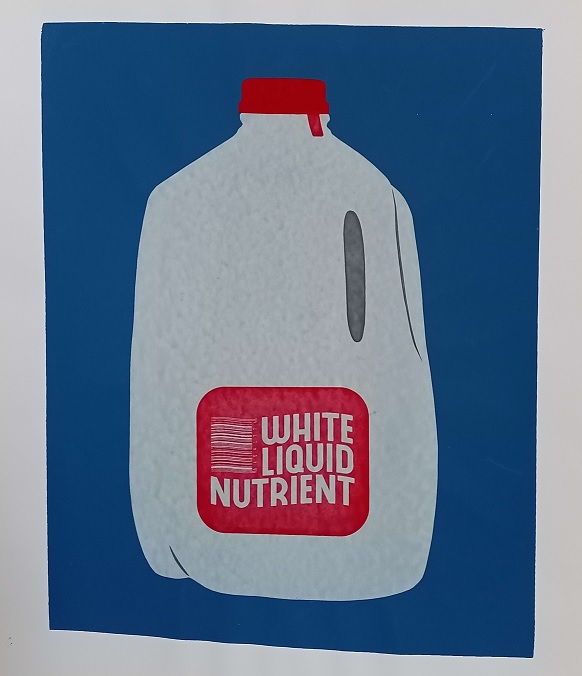Recently I was wandering if there is someone or some group preserving , collecting , organizing and publishing all the knowledge of mankind ever created throughout its existence so that if ever mankind faces the 6th mass extinction we don’t have to reinvent the wheel and can have a kick start to our new post apocalyptic civilization .
According to my ex-, her.
Can confim
Haha you can have her. Good luck!
Please take her back. I’ll even pay you.
No takesy backsys!
Check out this book: https://en.m.wikipedia.org/wiki/The_Knowledge:_How_to_Rebuild_Our_World_from_Scratch. It analyses that precise question in the first chapter. The author argues that even though Wikipedia is probably the closest thing there is, there is a clear lack of practical knowledge that will be essential in the situation that you are describing. Science progress heavily relies on industrial progress, and even if you know how to build something that doesn’t mean that you can do it, as there are other things that are required first.
Damn that sounds like interesting book to read. Got to get a copy
IIRC the LOC has a copy of every book published in the US… I need to re-verify that, but I believe that was one of the info bits I gathered from my last visit. I don’t retain knowledge very well when I glean it whilst gaping at architecture.
I’m surprised no one mentioned projects like libgen and scihub. They are much better than Wikipedia imo.
imo zlib is much better but they keep changing their domain … also sci hub is only for research papers which most people can understand
Wikipedia is a great start. You can download its entirety, roughly 100gb. Most of the basic and advanced human knowledge.
Check out kiwix to get it offline
You can do all of Project Gutenberg too. It’s only about 75gb, surprisingly.
ASCII text is hella lightweight.
Seconded Wikipedia. The amount of knowledge that can be gleaned in mere minutes from Wikipedia is insane. It contains enough information to do most stuff, aside from blatantly illegal things.
Luckily it isnt that easy to burn down every server as burning carpets in south america or books in other places
Wikipedia is basically useless without the sources, though. It’s just a TL;DR summary of things.
Then you download the source material too, shouldn’t be more than a few Yottabytes 🤷
Wikipedia is absolutely not useless without the sources. I don’t even know what to say, that statement is so deranged.
WP as it is is of course not useless. But don’t confuse it with a real library. Then, imagine in the apocalyptical worst case, having archived only that summary of humankind’s knowledge. There’s a vast amount of detail that WP is just not the right place for.
Well, sure, of course it leaves a lot of material out. But you’d start with Wikipedia surely, then move onto the source material. If Wikipedia leaves out a lot of material, any one of its sources leaves out a lot more.
I don’t personally know of any but in a similar vein there are some stone monuments intended to convey information after an apocalypse like the Georgia Guidestones or the nuclear waste site warning stones. GitHub put a snapshot of all active code repositories from 2020 in arctic permafrost, and there is the arctic seed vault for preserving plant species.
Man those nuclear waste messages makes it sound like it’s a cursed land
That’s their intention.
The problem with such approaches will be human curiosity. Imagine today’s scientists find such a site from the late paleolithic which has messages like “This site is cursed; we buried here what causes death and pestilence to us; go no further or it will do the same to you!” – You bet they will want to see what is inside the “buried temple of death”.
Yes but they would only send one person or a small group, carefully and with protection. Without any sign people would just walk in and slowly suffer the consequences.
“On July 6, 2022, an explosive device was detonated at the site, destroying the Swahili/Hindi language slab and causing significant damage to the capstone. Nearby residents reportedly heard and felt explosions at around 4:00 a.m” the rocks got destroyed by a mere explosive and they thought it could survive a nuclear war lol
I assume the plan was Georgia since there’s nothing worth nukeing there.
Well, if a nuke actually hits anything built to withstand nuclear war, it will break. There is nothing really that can withstand direct exposure to powerful explosives.
You son of a bitch
Such an insightful commentary on the importance of the social contract and the irreplacibility of the individual. The only way forward is to share our personal experiences and strive for understanding. Once we know each other’s value, we will never surrender our common bonds, disappoint one another, go behind each other’s backs, nor do each other harm.
I feel like you’re stretching the definition of “knowledge” and definitely “human knowledge” a bit there.
Maybe so — I think that’s kind of the fun of it though 🙂
Thanks
It’s never going to be all knowledge, since a lot of stuff is just lost or never recorded. A ton of stuff (like this thread) are probably low on the priority list for recording as well. But the closest you’d probably get to a full catalog of human knowledge (at last text based) are the huge data sets of nearly all text data on the internet used for training LLMs. I wouldn’t be surprised if there are ones soon that include video and pictures as well, since newer AI models are starting to be able to interpret those too.
I believe this is one of those data sets: https://github.com/yaodongC/awesome-instruction-dataset
Edit: here’s a big data set used for a lot of gpt3 https://commoncrawl.org/
Besides what other commenters already said, archive.org does a great job.
Related monument / installation:
https://www.historyingranite.org/
While its not all of Human knowledge it’s a very important part of it, our history.
Ultimately if the goal is for it to survive societal collapse to the point where knowledge gets lost then books are a better bet than any digital storage. As such most large libraries hold the knowledge needed to take us up to the industrial revolution at least. Semiconductors is hard to teach in only text, by that point you really need the ability to produce the machines needed etc. But the underlying theory will be in a library. Also a lot gets proprietary and trade secrets when we get within the last 30 years and that knowledge won’t ever get written down in a central repository until it’s aged out of being protected.
z-lib is still up and the best option in my opinion … you have to just get the right domain not the fake ones
I think the internet as a whole is going to be the closest we’ll ever come. Capitalism will make sure it’s never even close to complete so it always has something to monetize.
you can read pretty much (except the lost media like those lost in library burnings , film destruction and wars) read any book written by humans since 2500 bce (example Rig Veda the first ved of Hinduism was written even before 2500 and is today said to be 98% at its original state thanks to Indian gurus and saints who passed it on orally and was made into a book only after 8th century) , watch any movie ever released , hear any music ever made after recording was invented .
ofcourse there is a catch that these medias are not freely and publicly available and most you have to pirate in order to consume it thus we need to have a centralised database of these things safely kept somewhere so that we don’t have to reinvent the wheel in case of a catastrophic event .
I wouldn’t say “complete” can even be sufficiently defined in this case. Every functional definition I can think of has a limiting factor.
Let’s try to define knowledge. What kind of information qualifies? We can usually think of important, useful info like physics and medicine. But what about other data, like sports game stats, atmospheric sensor readings, or even something more esoteric, like the location data of every object on earth.
And even if we could have the information of every single thing at any particular time, what about when things change in the next second? And the one afterwards?
Essentially, nothing will ever be “complete”. Thanks for listening to my rant on semantics.
That was a lovely rant on semantics. I thoroughly enjoyed reading it!
You’re using it right now.
There isn’t. Yes Wikipedia has a lot of info but think of all the information that is in the hands of governments and corporations that are closely held secrets. Or that’s only in the minds of a few experts on the planet.
Like sure Wikipedia can tell you what a CPU is. But to build one from scratch, from the silica to building the machines and factories, that information is spread across multiple companies and never shared with the public. And only a few experts truly know how to do every step in the process, they have vital knowledge of that process that they feel is common sense and is not written down, which they pass on to the people they mentor. If those few people die at the same time in a catastrophe the knowledge that isn’t written down dies with them.
We already lost a lot of information of old tech from not that long ago because the companies went bankrupt or the people involved all died. Like we don’t even have all the knowledge to rebuild the Saturn V rockets, because the people involved, who hold vital knowledge, are dead and the supporting infrastructure, like the sub contractors (who also had vital knowledge), is gone as well.













